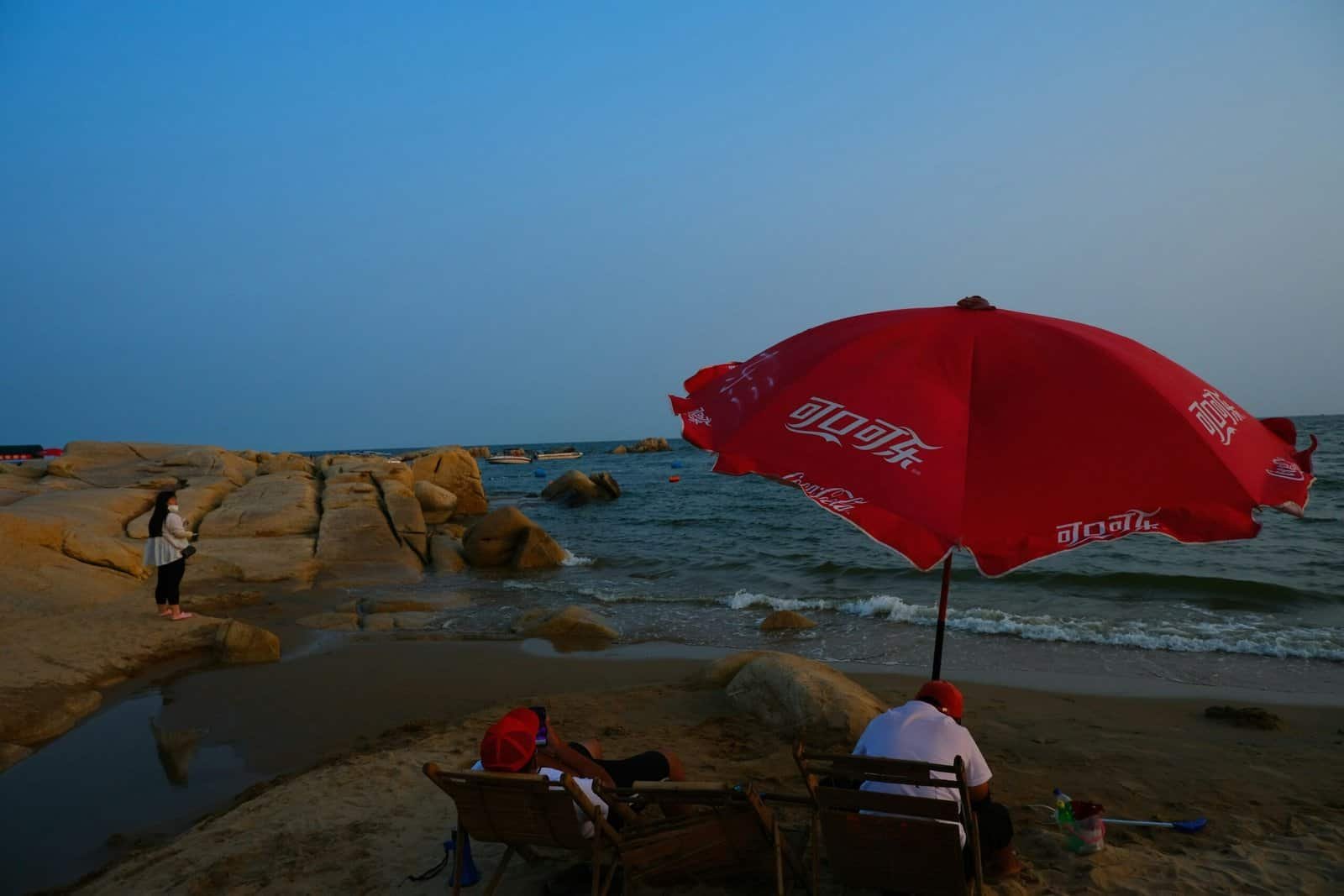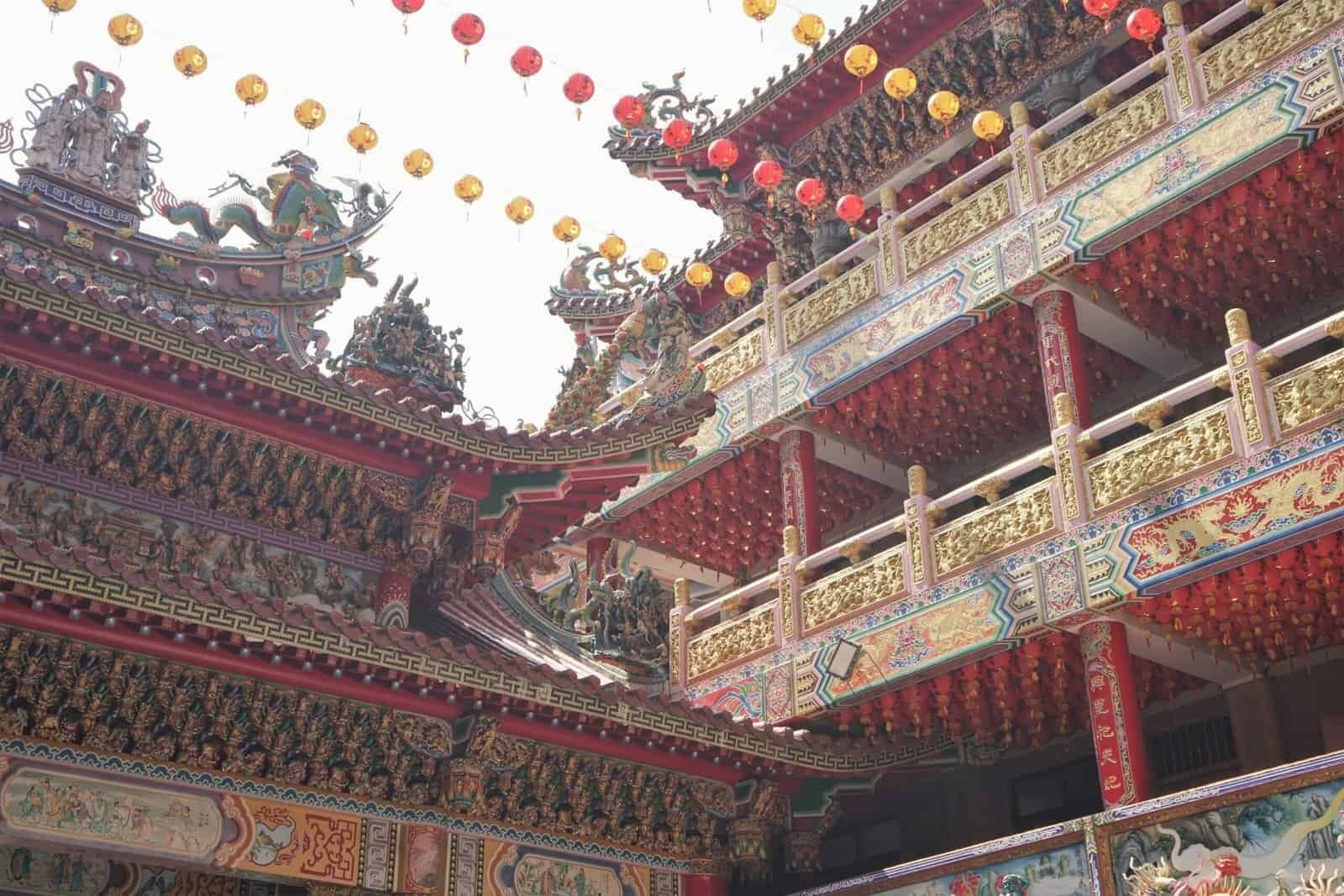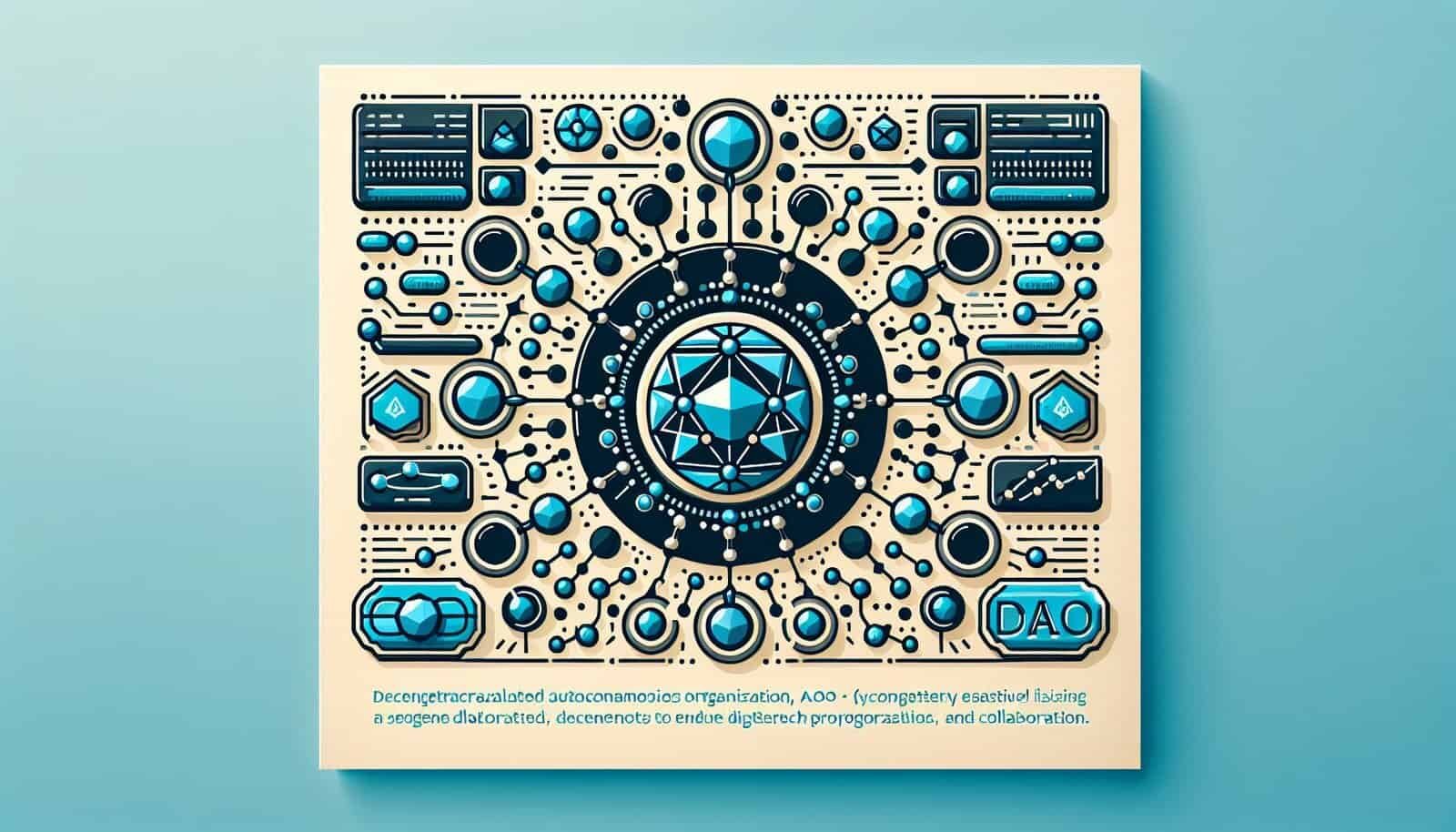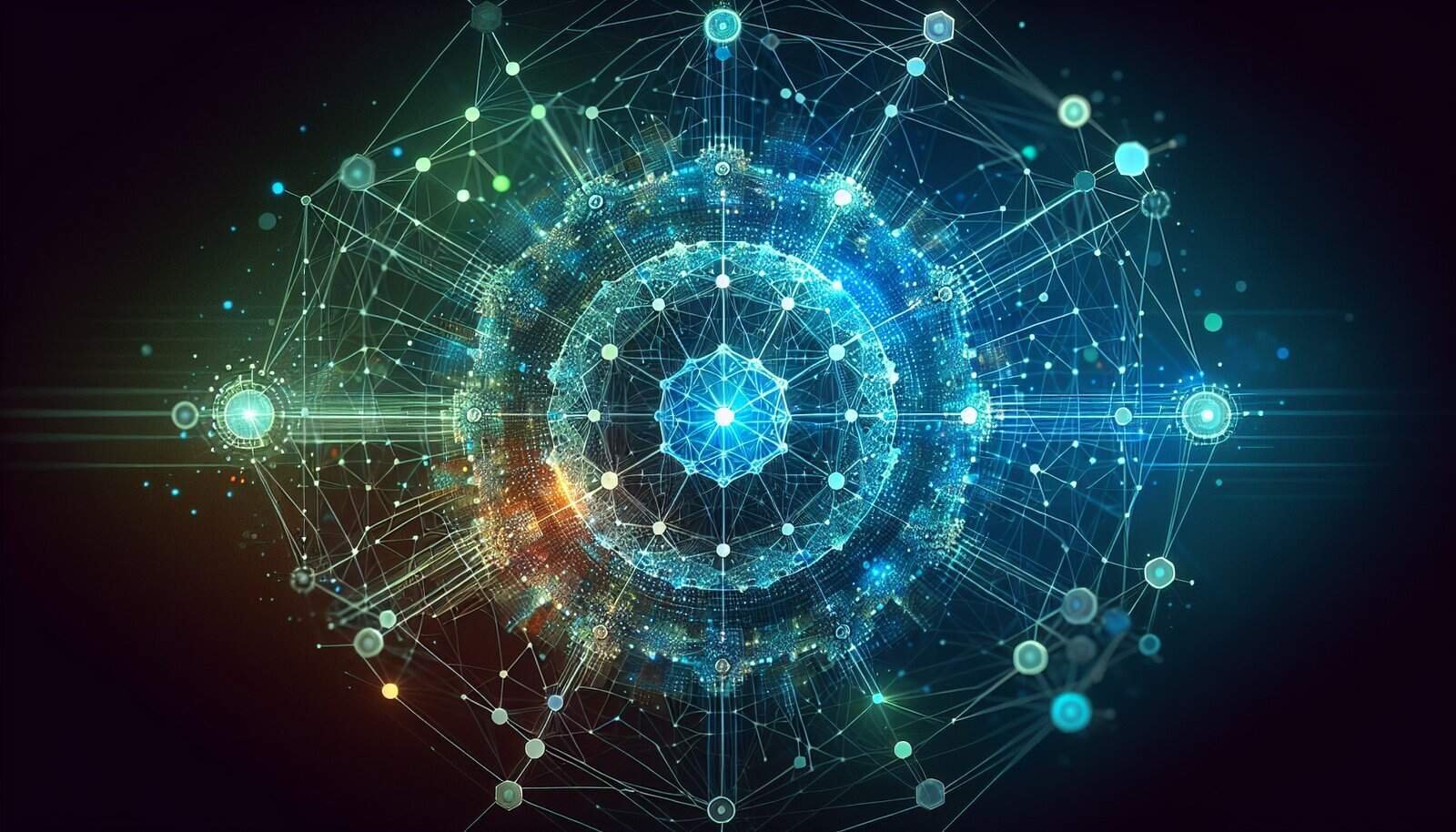Have you ever wondered what a DAO is and how it functions? This concept can be a bit enigmatic if you’re new to the world of cryptocurrencies and blockchain. But don’t worry—understanding a DAO, or Decentralized Autonomous Organization, can be easier than it seems. At its core, a DAO is an organization governed by smart contracts, allowing decisions and operations to unfold automatically and transparently on a blockchain. Let’s dive deeper into the intricate workings of DAOs and explore their potential evolution with AI by 2025.
What is a DAO?
A Decentralized Autonomous Organization (DAO) essentially represents a revolutionary way of structuring organizations without a centralized leadership. DAOs leverage blockchain technology to ensure that decision-making power is distributed among all members. This democratic approach contrasts starkly with traditional organizations where decisions are typically made from the top down.
Evolution of DAOs
From the early days of Bitcoin to the broader adoption of decentralized finance (DeFi), DAOs have evolved significantly. Initially, they began as simple smart contracts designed to automate specific tasks. Over time, these entities have grown more sophisticated and are now capable of managing complex operations.
How Does a DAO Work?
The mechanics of a DAO can be fascinating. Unlike traditional entities, DAOs operate through pre-established rules encoded as smart contracts on the blockchain. These rules are open for everyone to see and verify, ensuring transparency. When certain conditions are met, the smart contracts execute the agreed-upon decisions without the need for human intervention.
Governance in DAOs
Central to every DAO is its governance model. Members participate by using governance tokens, which they acquire through various means such as purchasing or earning through contributions. The more tokens a member possesses, the greater their influence in the decision-making process. This structure ensures that the interests of the collective are prioritized over any single individual’s agenda.

Advantages of DAOs
DAOs offer a unique set of benefits that traditional organizations often struggle to match. They promote transparency, enhance trust among members, and allow for greater inclusivity in decision-making processes. Let’s delve into some of the advantages a DAO provides:
Transparency
Since a DAO’s operations run on a blockchain, every transaction and decision can be tracked and audited by anyone. This transparency builds trust, as members can independently verify the organization’s activities.
Decentralization
DAOs eliminate the need for a centralized authority, reducing the risk associated with potential single points of failure. This decentralization empowers people from across the globe to participate and contribute without having to rely on a central governing body.
Lower Costs
Without the overhead costs of traditional management structures, DAOs can operate more efficiently. The reduction in bureaucratic procedures means that more funds can be used directly toward achieving the organization’s goals.

Challenges Faced by DAOs
While DAOs present numerous benefits, they are not without their challenges. Security vulnerabilities, regulatory uncertainties, and issues around consensus and coordination can be hurdles. Let’s discuss some of the primary challenges that these organizations face:
Security Concerns
DAOs rely heavily on smart contracts, which must be meticulously audited to prevent vulnerabilities. Past incidents, such as the 2016 DAO hack, highlight the critical need for robust security measures in the development of these contracts.
Legal and Regulatory Hurdles
The legal status of DAOs remains uncertain in many jurisdictions. This uncertainty can pose challenges in terms of taxation, liability, and compliance. Legislators are still grappling with how to categorize these entities within existing legal frameworks.
Consensus and Coordination
Effective coordination among a decentralized network of contributors can be difficult. Achieving consensus on decisions, especially when participants have differing priorities, requires well-structured governance mechanisms.

The Role of AI in DAOs
Artificial intelligence (AI) holds the potential to significantly enhance the functionality of DAOs by 2025. The integration of AI can introduce new levels of efficiency, intelligence, and adaptability to these organizations.
Enhanced Decision-Making
AI algorithms can process large volumes of data to provide insights and support more informed decision-making processes. By analyzing trends and patterns, AI can aid in predicting potential outcomes of different governance proposals.
Automating Operations
By automating routine operations, AI can allow DAOs to focus more on innovation and community engagement. Through intelligent automation, DAOs can ensure that operational tasks are carried out with minimal human intervention.

What is the Best AI-Powered Crypto Project in 2025?
Predicting the future of AI-powered crypto projects can be speculative, but certain trends offer promising directions. By 2025, the convergence of AI and blockchain is likely to give rise to innovative platforms that can revolutionize the cryptocurrency landscape.
Promising Candidates
Projects that harness AI for enhancing security, scalability, and personalized user experiences are among those expected to lead the market. These projects might leverage AI not just to improve blockchain performance, but also to introduce novel ways of interacting with digital assets.
Criteria for Selection
To determine the best AI-powered crypto project, important factors such as technological innovation, community engagement, and real-world applicability should be considered. Projects with strong teams and proven track records are likely to stand out.

Conclusion
In your journey to understand what a DAO is and how it functions, you’ve uncovered the potential they hold to redefine how we organize and collaborate. DAOs offer unique advantages, but also face certain challenges that need addressing as technology and legislation evolve. The introduction of AI into the realm of blockchain can further empower these organizations, potentially leading to groundbreaking projects by 2025. With these insights, you’re now better equipped to explore the world of DAOs and the future of decentralized governance.
